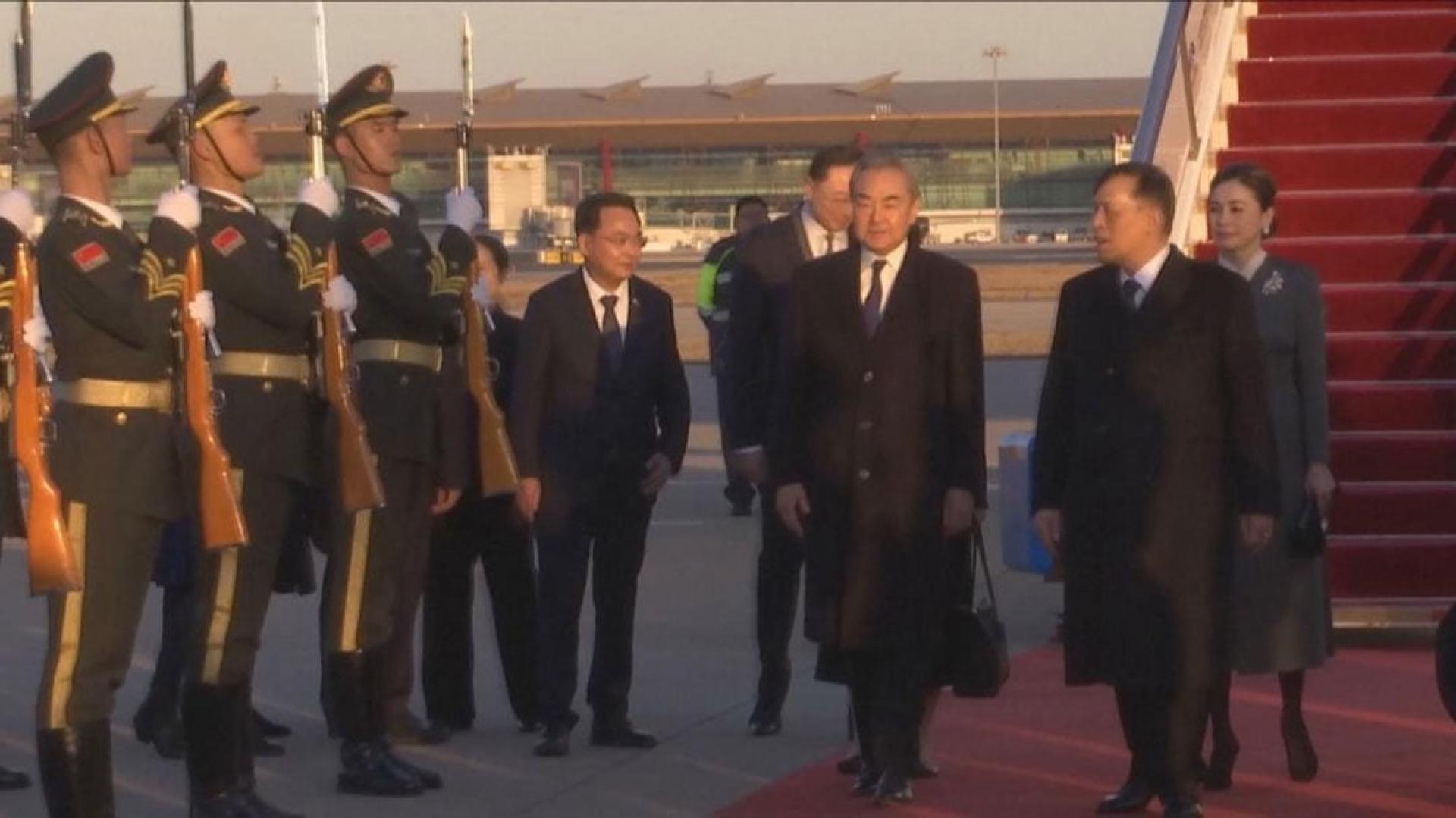Thailand’s King Maha Vajiralongkorn arrived in Beijing on the 13th for a five-day state visit to China, accompanied by Prime Minister Anutin. This marks the first visit by a Thai king to China since the establishment of diplomatic relations 50 years ago, and is also King Vajiralongkorn’s first official visit to any foreign country. Foreign Minister Wang Yi went to the airport to greet them.
Prime Minister Anutin stated that this visit will go down in history, and Chinese Ambassador to Thailand Zhang Jianwei also commented that it is a significant milestone in the history of China-Thailand relations.
King Vajiralongkorn and Queen Suthida will meet with Chinese leaders and are expected to visit Lingguang Temple, the Humanoid Robot Innovation Center, the Ministry of Education’s Center for Educational Technology and Resource Development, and the China Academy of Space Technology in Beijing. In addition, they will also visit a special exhibition at the Palace Museum celebrating the 50th anniversary of China-Thailand diplomatic ties.
Thailand implements a constitutional monarchy, and royal visits are an important diplomatic tool. This visit coincides with the ninth year of King Vajiralongkorn’s reign. Prime Minister Anutin, who is accompanying the delegation, emphasized that this is the first time in 50 years since the establishment of diplomatic relations that a Thai king has visited China, and it will be a landmark occasion. He is joined by Foreign Minister Parnpree Bahiddha-Nukara, both holding honorary ministerial positions for the visit.
Foreign media analysis suggests the two sides are likely to discuss issues such as trade, tourism, and high-speed rail. According to foreign reports, China is Thailand’s largest import market; last year, Thailand imported goods worth over US$80 billion (33.04 billion ringgit) from China. At the same time, China is also a major source of tourists for Thailand and a key investor in its automobile and other industries.
Thai official data shows that during the first nine months of this year, there were 23.45 million international tourist arrivals to Thailand, a 7.44% decrease compared to the same period last year. The number of Chinese tour groups and independent travelers has declined. Thai media point to the appreciation of the baht, safety concerns, and intensified competition from Vietnam as reasons for the loss of tourists to Thailand.
In addition to expectations around tourism, railway cooperation between China and Thailand has also drawn attention this year. On February 4th, the Thai cabinet approved the second phase of the China-Thailand railway cooperation project, specifically the section from Nakhon Ratchasima to Nong Khai.
Song Qingrun, professor at the School of Asian Studies of Beijing Foreign Studies University, wrote in Global Times that the Thai king’s visit further strengthens the notion that “China and Thailand are as close as one family,” with the two countries moving from traditional connectivity in economy and trade to jointly exploring the frontiers of future technology and nurturing new drivers of growth. This also highlights the appeal of Beijing’s “peripheral diplomacy” concept.
